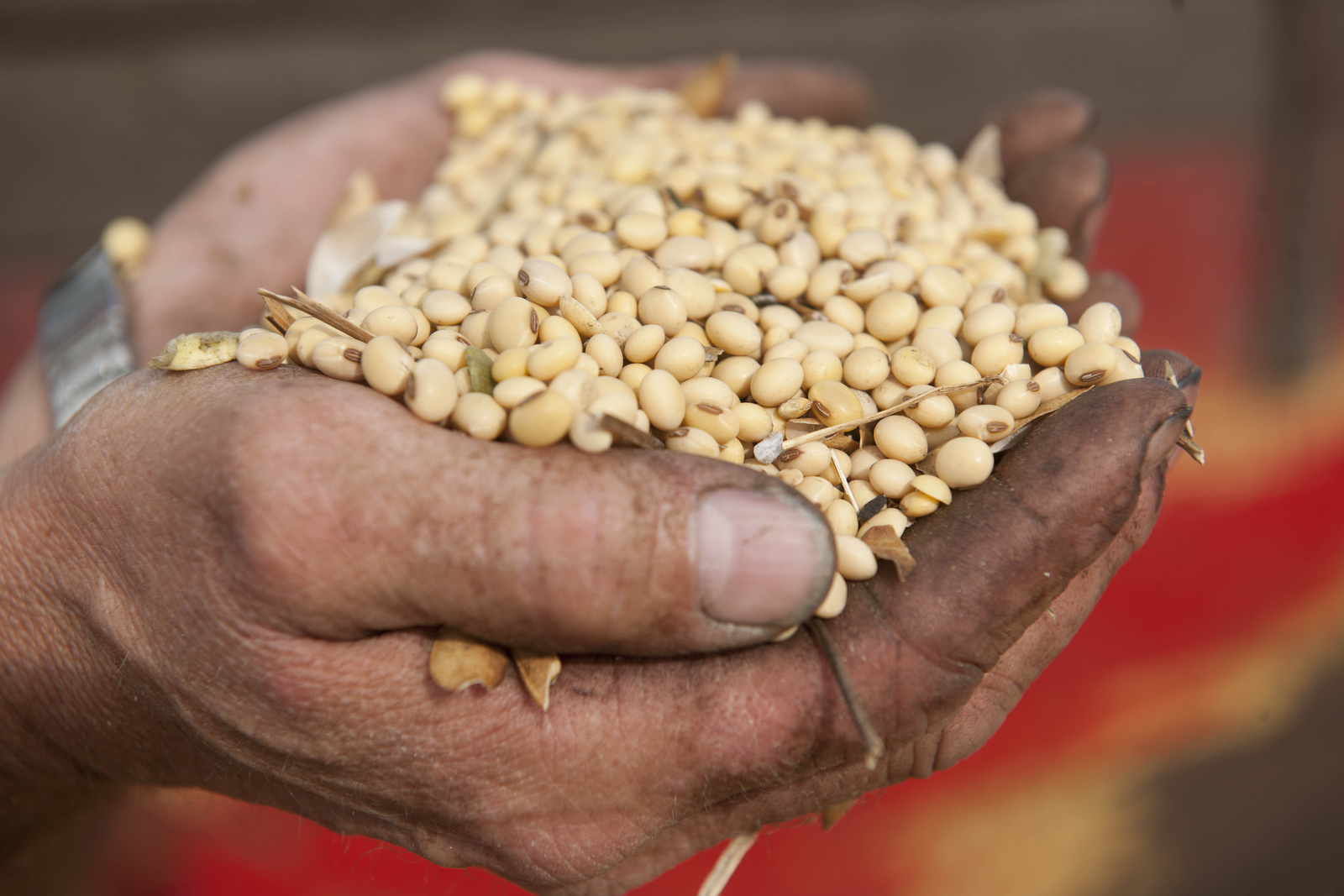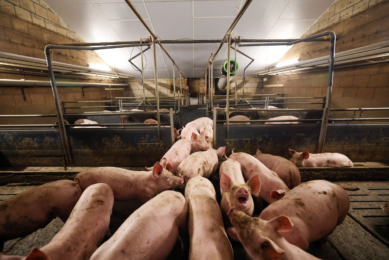Putting soy concentrate to the test in piglet feed

In a quest to find suitable and cheaper alternatives for commonly used proteins, a Danish company has processed soy in such a way that piglets show similar performance compared to conventional protein concentrates such as potato protein.
Animal-based protein concentrates have been a great and nutritious ingredients for animal diets. However, increased global demand for fish meal has spiked the prices for this animal feed ingredient in the last few years. Also in terms of sustainability, the use of fish meal can be questioned. Plant-based protein sources, such as potato protein, is available on the market. But the latter is also expensive and has limited availability. Therefore, the animal feed industry is looking for alternative protein sources to feed the animals. A Danish company is using a new technology where the protein is extracted from vegetable raw materials – in this case, soy – by gentle water extraction. This results in a protein level similar to fishmeal and very low in anti-nutritional factors. The latter is important, as soy is often used to a limited extent because of these components. In addition, the processing method used increases the digestibility of amino acids in the animal’s gut and enhances palatability.
Improved feed intake
The company has been testing this new soy protein concentrate* in various experiments. Most of the trials have been done with young animals in the lactation and nursery period and in aquaculture with fry. In these trials, the use of high-quality fishmeal has been the dominant benchmark for testing the soy concentrate. The researchers looked at 5 – 15% replacement of the fishmeal protein with that of soy protein concentrate. It was shown that the animals showed similar growth results across all tested species. Recently, the soy protein concentrate was also tested as a substitution for low solanin potato protein and pea protein concentrate. In the trial, carried out in France, pea and potato protein were in part or completely substituted with the soy protein concentrate in piglet diets during the first two and a half weeks after weaning (day 28).
Tight margins in pig farming
As shown in Figure 1, the soy protein concentrate led to an improved feed intake and weight gain. This difference is statistically significant when combining this product with low solanin potato protein. Feed conversion was not affected.
This confirms that all or a part of the conventional protein sources in the diet can be replaced by a soy protein concentrate, while keeping or improving animal performance. At the same time, soy can be a cost-competitive alternative for the tight margins that pig farmers around the world – and especially in Western Europe – face at the moment.
*AlphaSoy Premium
This article was featured in AllAboutFeed no. 2, 2015 – to read more articles from this issue and previous issues see AllAboutFeed digital or get the AllAboutFeed App.











